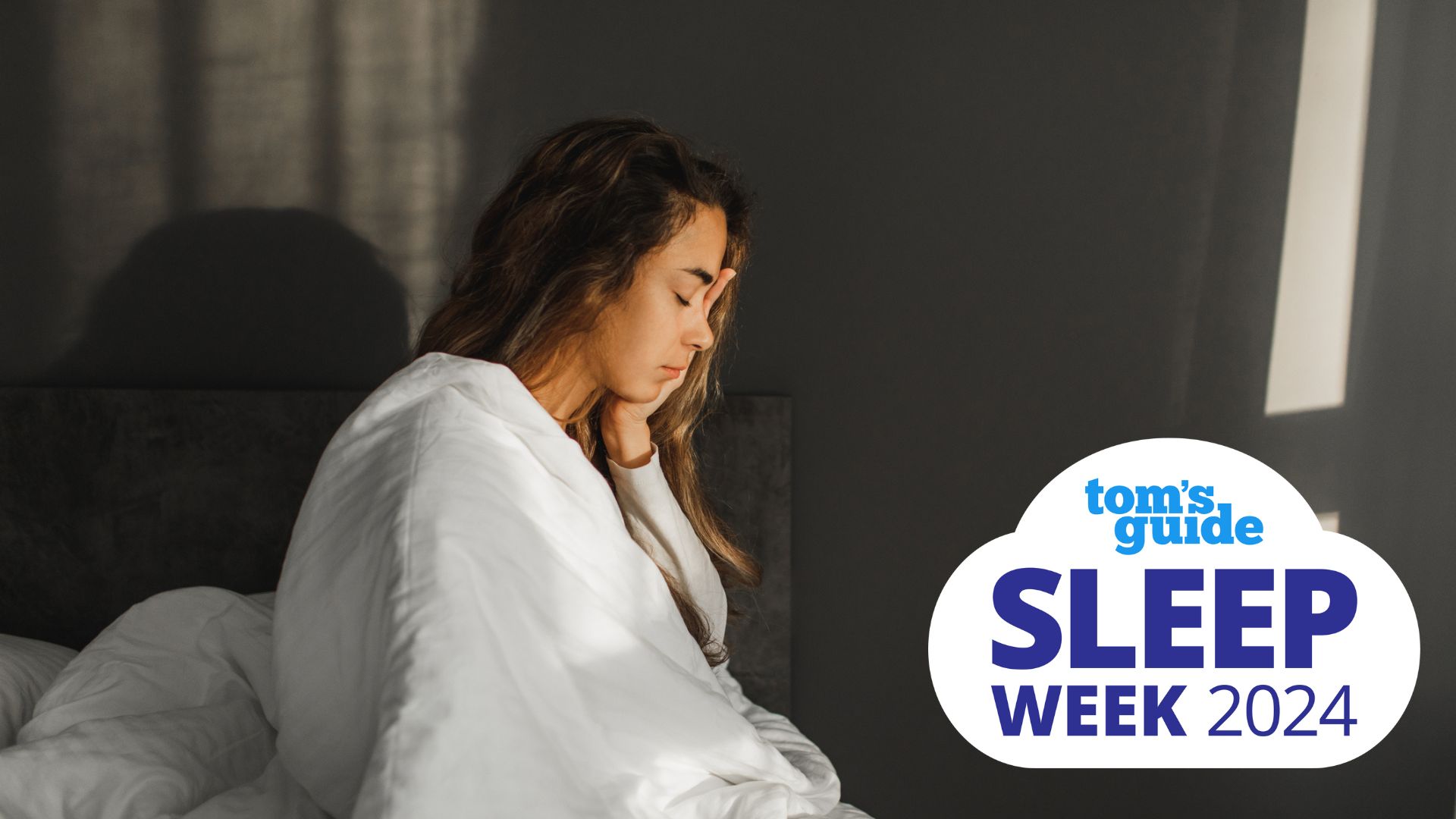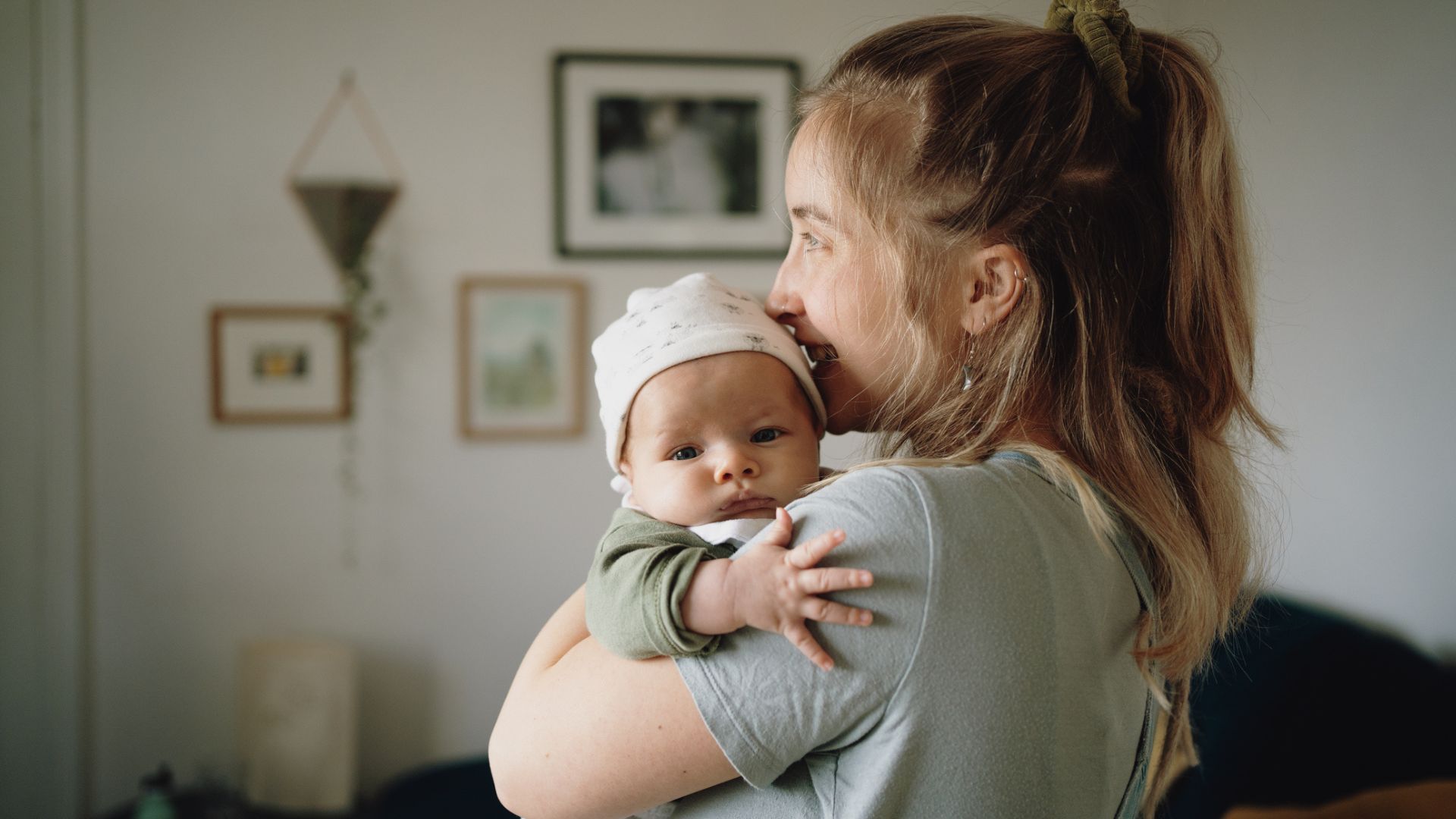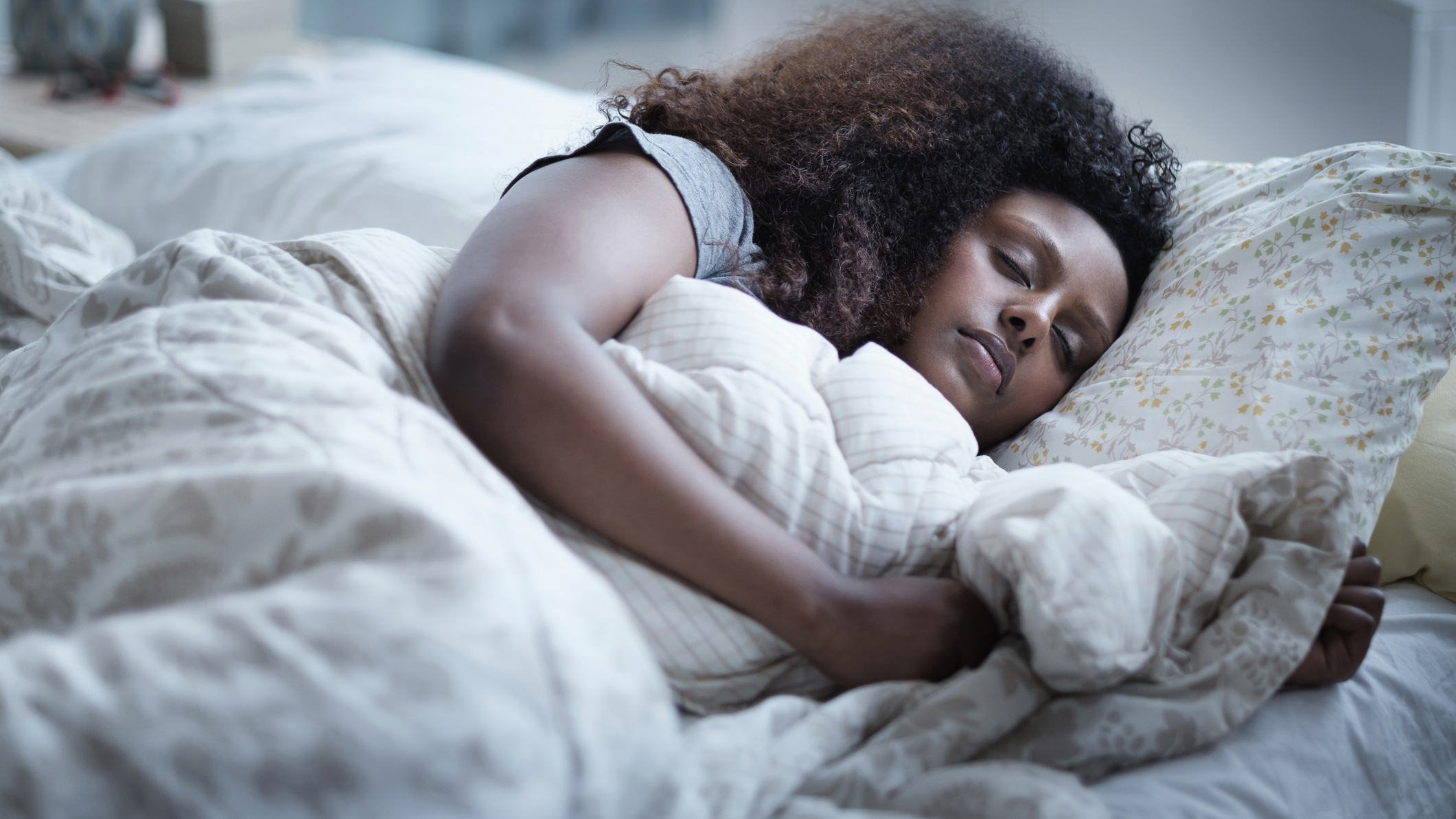
Most healthy adults require a solid seven to nine hours of sleep a night. However, several factors will influence whether you need more or less… including your gender. Although studies indicate that women may require slightly more sleep than men, certain biological, hormonal and societal barriers prevent women from getting the same amount of quality sleep as men.
Moreover, women are more prone to certain sleep disorders, such as insomnia and sleep apnea, which vary even within the female population, depending on their age, life stage and family circumstance.
“Hormones definitely play a role, but other factors such as socioeconomic status, psychological health, and certain lifestyle factors can contribute to disruptive sleep,” Monica P. Mallampalli, PhD — a biomedical scientist, women’s health and sleep expert, and executive director of the Alliance of Sleep Apnea Partners explains.
What better time to explore this gender sleep gap in finer detail than during Sleep Awareness Week 2024, the theme of which is 'Sleep Equity for Global Health'. We spoke to Dr Mallampalli to gain a deeper understanding of women’s unique sleep needs and challenges.
Do women need more sleep than men?
According to the CDC, most adults require between seven and nine hours of sleep in order to function optimally. Yet a growing body of surveys and studies suggest that women require more sleep than men.
One 2016 study by the Sleep Research Centre at Loughborough University even suggested that women require 20 additional minutes of sleep per night in order to facilitate adequate repair and recovery of their ‘complex’ brains. However, Dr. Mallampalli maintains that “we need more concrete scientific study to support these findings.”

But if women do require more sleep than men, studies indicate that this could be because the sleep that they do get is of a poorer quality than men’s. Fluctuating hormones, caregiving responsibilities, and an increase risk of sleep disorders all equate to fragmented sleep, leading to women feeling unrested upon waking, despite sleeping for marginally longer than men.
A separate 2023 survey of 2,005 adults by the American Academy of Sleep Medicine, found that women are 14 percent more likely than men (31 percent vs. 17 percent, respectively) to report that they ‘rarely’ or ‘never’ wake up feeling rested. This lack of sleep disparity between genders “means women seem to need more sleep at night compared to men,” Dr Mallampalli explains.
Common barriers preventing women from getting adequate sleep
Ahead, we’ll look at the common barriers standing in the way of women's sleep quality and quantity in today's society.
Psychological concerns
Per a 2024 survey by the National Sleep Foundation, the barriers to a good night’s sleep were more pronounced in women across each of the following categories:
- Thinking and worrying too much (65%)
- Anxiety or depression (51%)
- Financial worries (46%)
- Mental health concerns (39%)
In addition, women are about twice as likely to be diagnosed with depression and anxiety. Both mental health disorders are associated with insomnia and other markers of poor sleep.
More domestic labor

Domestic labor — including housekeeping and child/elder care — most often falls on the shoulders of women, thus increasing women’s sleep needs. “Caregiving for young children and older parents can add stress and anxiety, which in turn disrupts sleep,” says Dr. Mallampalli.
Menstruation
Per a 2023 review of 35 studies in BMC Women's Health, PMS and dysmenorrhea (i.e., cramps and pelvic pain) were associated with:
- Poor sleep quality
- Difficulty falling and/or staying asleep
- Short sleep duration
- Daytime sleepiness
Abnormal menstrual cycles and heavy bleeding during menstruation were also associated with the first three points, necessitating higher sleep needs.
Pregnancy
Hormonal imbalances and physical changes can also lead pregnant women to require more sleep… especially if they fail to get consistent uninterrupted shut-eye. According to Johns Hopkins Medicine, pregnant women may experience aches and pains, increased nighttime urination, gastroesophageal reflux disease (GERD), and restless leg syndrome (RLS).
Some symptoms can also vary within each trimester:
- Daytime fatigue in the first trimester due to spikes in progesterone
- Relief in the second trimester
- Challenges to find a comfortable sleeping position, as well as rhinitis due to high estrogen levels, which is linked to snoring and obstructive sleep apnea (OSA)
Menopause
According to the North American Menopause Society, insomnia and stress are common during this life stage. Menopausal symptoms like hot flashes and night sweats also contribute to sleep disturbances such as difficulty falling asleep, staying asleep, and waking prematurely.
In addition, per a 2022 review in the Journal of Mid-life Health, women are more likely than men to experience sleep disorders than men during perimenopause (at an incidence rate of 16 to 47 percent) and postmenopause (at an incidence rate at 35 to 60 percent).
Insomnia
Studies show that women are more prone to insomnia, with a 2016 article by Dr. Jessica Mong indicating that women are twice as likely to experience sleep disruptions and insomnia compared to men.
“Insomnia affects more women than men. It peaks at puberty and then during menopause,” Dr. Mallampalli shares.
Sleep apnea
Obstructive sleep apnea (OSA) is another common sleep disorder that affects women of all ages, though certain life stages and health conditions can increase its likelihood. “Pregnancy, polycystic ovarian syndrome (PCOS), and obesity are risk factors for OSA in women,” she continues. “However, prevalence data shows that OSA severity in women increases very high after menopause.”
Dr. Mallampalli also cites a 2024 controlled study in the Journal of Clinical Sleep Medicine of 614 patients with RLS. Women with this disorder had more frequent pain and awakening throughout the night, thus robbing them from getting enough quality shut-eye.
5 ways everyone can better sleep tonight
A diverse range of factors may stand in the way of women getting restful ZZZ’s, thus increasing their sleep needs. However, everyone can take matters into their own hands to optimize their sleep quantity and quality, no matter their gender, age, or health status. Some of the best tips include:

1. Pinpoint the exact sleep issue
“First and foremost, understand what might be causing poor sleep habits,” Dr. Mallampalli advises. “Keeping a sleep diary and monitoring overall sleep with a wearable device might help.” For instance, you may discover that late caffeine or alcohol intake keeps you tossing and turning or waking more frequently throughout the night.
2. Practice good sleep hygiene
“Sleep hygiene [includes] healthy habits and behaviors that help with achieving good quality sleep,” says Dr. Mallampalli. This includes everything from following a consistent bedtime routine, creating a dark and cool bedroom environment, and avoiding devices and stimulating activity.
3. Going to bed at the same time each night
Your body thrives on routine, and this especially goes for sleep matters. Hitting the hay at the same time each night will help to normalize your circadian rhythms and better set you up for snooze success.
4. Sleeping on the right mattress
Your mattress can make a world of difference in how well (or how poorly) you sleep. Sign you need to replace your mattress include if it contributes to bodily aches and pains, is past its prime, or isn’t compatible with your preferred sleeping position, it’s worth investing in a new one.

Whether it's the best mattress for side sleepers or a leading memory foam mattress that soothes your aches and pains, sleeping on the right mattress for your body can immediately improve your sleep quality and quantity.
5. Consulting an expert when needed
Adopted the best dietary and lifestyle sleep tips and still can’t find relief? It’s time to enlist the help of experts. “If you still have concerns, talk to your primary care doctor or visit a sleep specialist,” Dr. Mallampalli suggests. Sleep doctors are better at diagnosing underlying sleep disorders, she says — and you’ll want to get to the bottom of your sleep issues before they evolve into more serious health risks.







